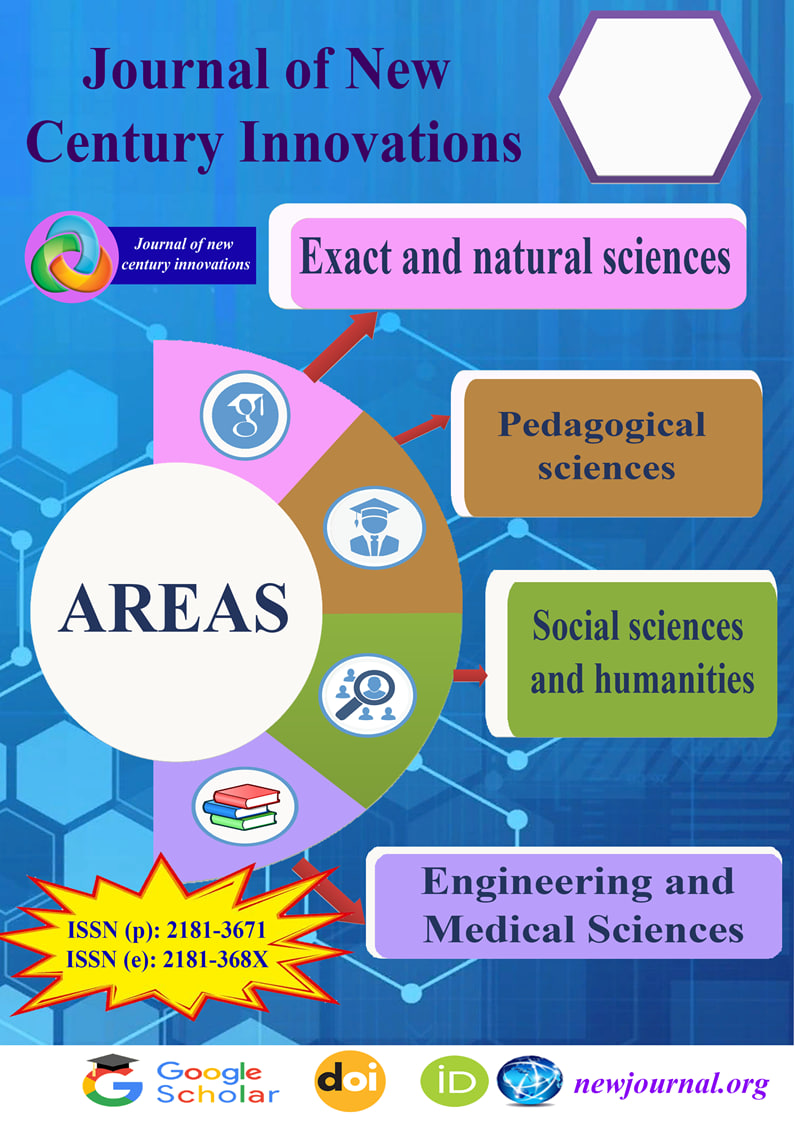THE ROLE OF EMOTIONAL INTELLIGENCE IN MANAGEMENT
Keywords:
Keywords: Emotional intelligence, EI, effective leadership, team performance.Abstract
It serves as a yardstick to show how Emotional Intelligence plays a role in effective management and leadership for teamwork and the success of any organization. Although there is voluminous research about it in the field of management and organizational behavior since Daniel Goleman mentioned EI in the mid-1990s, it is characterized as a vital element of a good leader by George (2020). It aims to identify the relationship between EI with the managers' ability to handle disputes make intelligent decisions, and maintain a good workplace environment. Specific EI characteristics, such as self-awareness and kindness, the paper investigates the ways in which those characteristics allow managers to become successful. In combining numeric polls and in-depth interviews, the present study targets a sample size consisting of managers and CEOs from various sectors in order to derive at how EI affects teams and organizational results. The findings are expected to afford the managers practical guidelines in relation to the inclusion of EI training in the respective development programs as a means of becoming better leaders through organizational performance improvement. The present study closes important gaps between the concepts of theory and practice. The study has considerable implications for leaders and organizations interested in developing more emotionally intelligent modes of management.
References
1. Audrin, C., & Audrin, M (2022). Frontiers | Peer Reviewed Articles - Open Access Journals. [online] Frontiers. Available at: https://www.frontiersin.org/.
2. Cherry, K. (2023). Know more. Live brighter. [online] Verywell Mind. Available at: https://www.verywellmind.com/.
3. Forbes (2021). Why empathy is key in effective leadership. Available at: forbes.com
4. George, J.M. (2020). Emotions and Leadership: The Role of Emotional Intelligence. Human Relations, 53(8), pp.1027–1055. doi:https://doi.org/10.1177/0018726700538001.
5. Goh, E., & Kim, H. J. (2020). Emotional intelligence as a predictor of academic performance in hospitality education. Journal of Hospitality & Tourism Education, 12(1), pp. 1–7. Available at: tandfonline.com
6. Indeed (2023). What Is Emotional Intelligence in the Workplace? [online] Available at: https://www.indeed.com/career-advice/career-development/emotional-intelligence-in-a-workplace.
7. Joseph, D. L., & Newman, D. A. (2010). American Psychological Association. [online] Apa.org. Available at: https://www.apa.org/.
8. Kluemper, D. H., DeGroot, T., & Choi, S. (2013). Emotion management ability: predictive validity of its application across work settings. Journal of Organizational Behavior, 34(5), pp. 714–730.
9. MacCann, C., Jiang, Y., Brown, L. E. R., Double, K. S., Bucich, M., & Minbashian, A. (2019). Emotional intelligence predicts academic performance: a meta-analysis. Psychological Bulletin, 146(2), pp. 150–186. Available at: apa.org
10. Miao, C., Humphrey, R. H., & Qian, S. (2017). A meta-analysis of emotional intelligence and work attitudes. Journal of Occupational and Organizational Psychology, 90(2), pp. 177–202. Available at: wiley.com
11. MindTools (2023). Emotional intelligence in leadership: learning how to be more aware. Available at: mindtools.com
12. Forbes (2021). Why empathy is key in effective leadership. Available at: forbes.com




